|
Compared to the French Revolution and the Russian Revolution, the American Revolution was a relatively tame affair. This has led many historians to characterize it as little more than a political revolution that left the same elite class in control of American politics (minus the British supervision) and resulted in few - if any - meaningful changes to American society. But then, to characterize the American Revolution as a mere political turnover overlooks some important ways in which the Revolution was an important turning point in American society.
Since a republic is administered by citizens, it is important that these citizens have a sense of patriotism and are educated in their civic responsibilities. Those who lead in a republic are expected to carry themselves with simplicity and perform their duties without regard to personal gain or profit. EgalitarianismWhile some citizens in a republic are wealthier than others, republics are more egalitarian in their social structure than monarchies. Before the Revolution, some states, such as Virginia, had primogeniture laws on the books that allowed for the firstborn son of a family to receive the lion's share of the inheritance (this kept the family's wealth together). Although Richard Hofstadter noted in The American Political Tradition that primogeniture had largely fallen out of use by the time of the American Revolution, Thomas Jefferson still considered the abolition of Virginia's primogeniture law a victory for republicanism, as it formally abolished a practice common in monarchical societies.
Emancipation in the North
In the South, where slavery was central to the cash crop economy, no progress was made toward emancipation, although the founding generation had faith that slavery would be phased out at some point. Unfortunately, that did not come to pass and slavery became even more entrenched in the South in the 19th century. Religious Freedom
Jefferson was so proud of his authorship of the Virginia Declaration for Religious Freedom that he specifically listed it as one of the three accomplishments he wanted on his epitaph - the other two accomplishments being his role in authoring the Declaration of Independence and in founding the University of Virginia. There is no mention of Jefferson's presidency on his gravestone, an indication that Jefferson was much more concerned about what he did to spread freedom and enlightenment than with what offices he had occupied. This is very much in line with the republican view of public service as a civic duty rather than as a stepping stone to self-aggrandizement and wealth. Women and the American Revolution
Another famous heroine of the Revolution was Nancy Morgan Hart, a Georgia patriot was said to have taken a small group of Tory loyalists captive and even shot one of them when he ignored her warning not to move. Today, Hart County is the only county in Georgia that is named after a woman.
While Adams' hopes of political equality for women would not be realized until the passage of the 19th Amendment after World War I, republicanism called for women to play an active role in the civic education of their sons. In order to fulfill the duties of republican motherhood, women had to receive an education, as well. Agrarianism
George Washington: [r]epublican Soldier
As a leader, Washington consciously set out to follow the example of Cincinnatus, a hero of the Roman Republic. Cincinnatus was given the dictatorship, which he could have retained for up to six months, and gave it back to the people after only sixteen days. After the Revolutionary War, Washington voluntarily resigned his commission with the intention of fully retiring from public life. Even as president, he stepped down voluntarily after two terms, surrendering power as soon as he had gotten the new nation on its feet. Upon his death, Washington made one final nod to the principles of republicanism by emancipating his slaves.
3 Comments
|
Tom RicheyI teach history and government Archives
May 2023
Categories
All
|

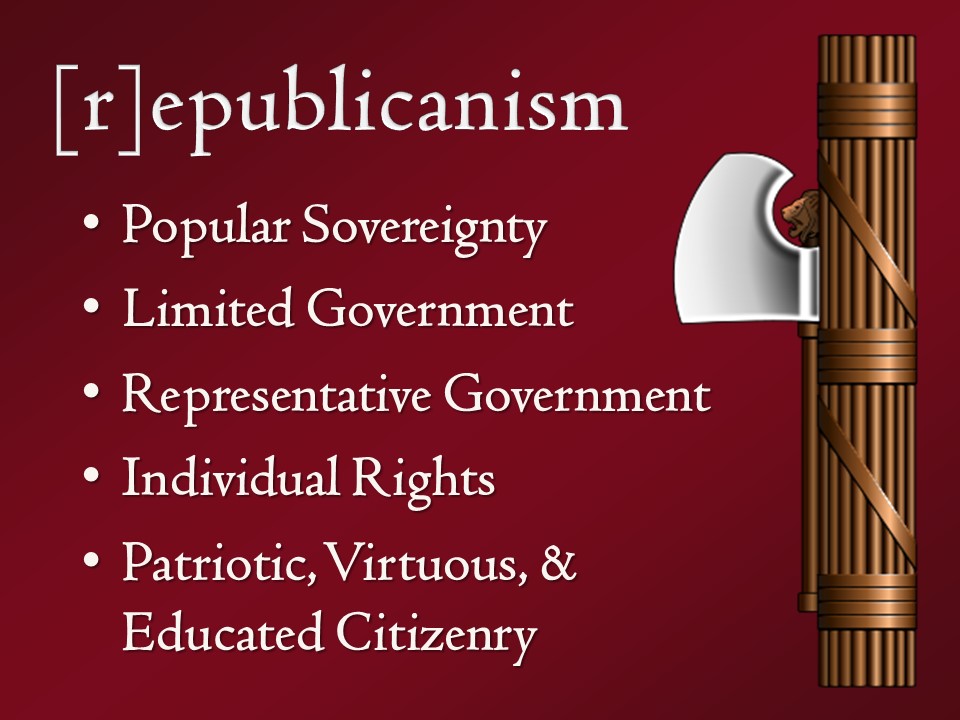
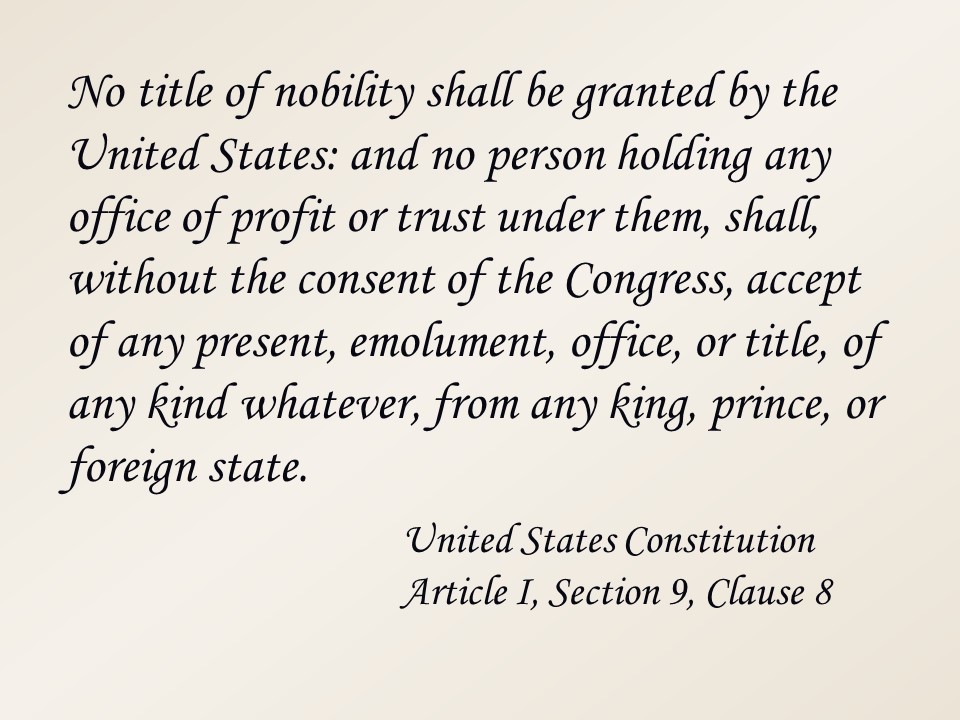
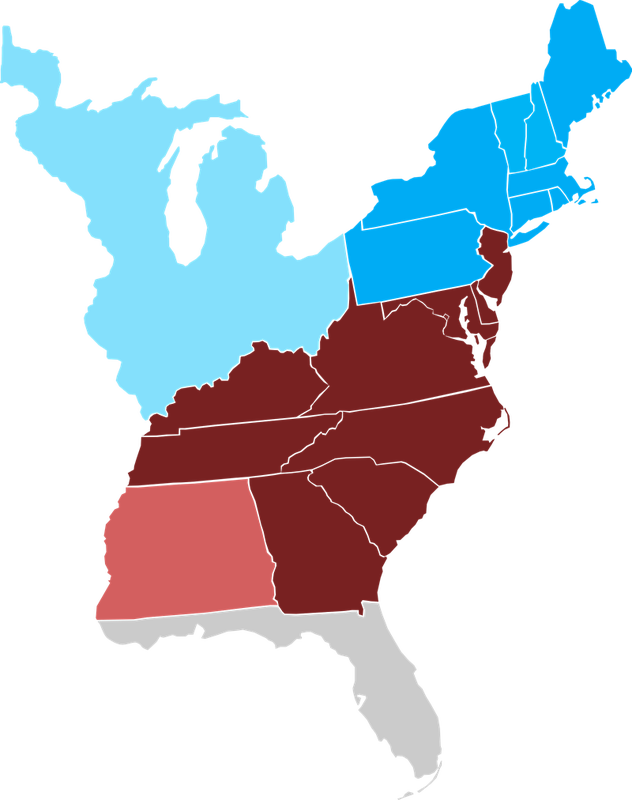
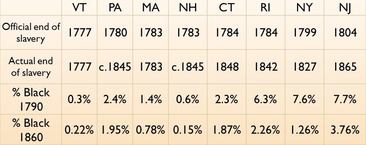
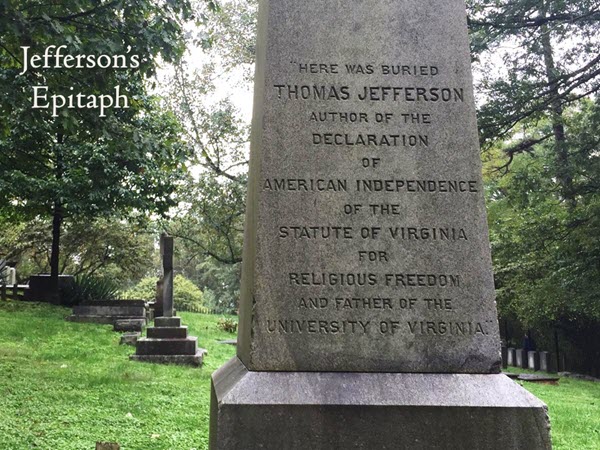
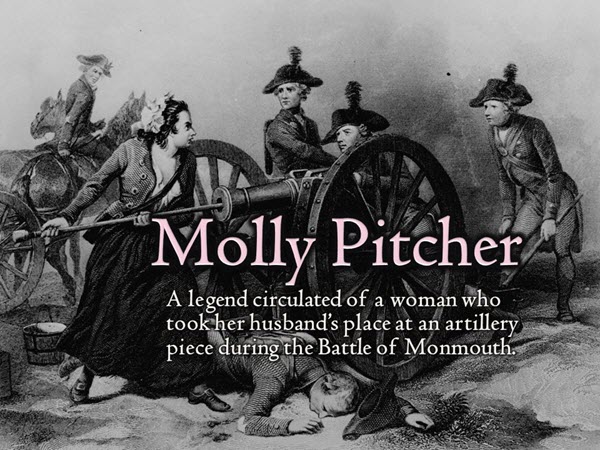
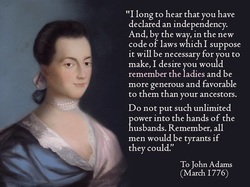
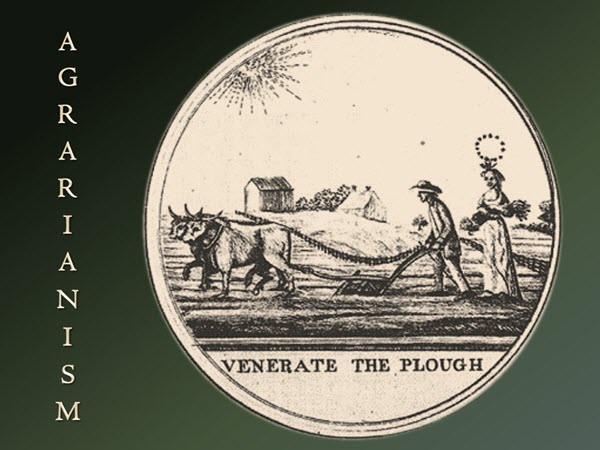

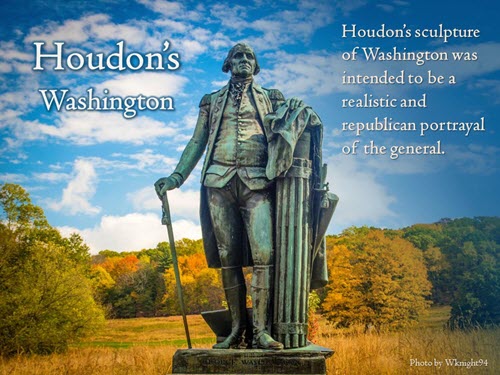

 RSS Feed
RSS Feed